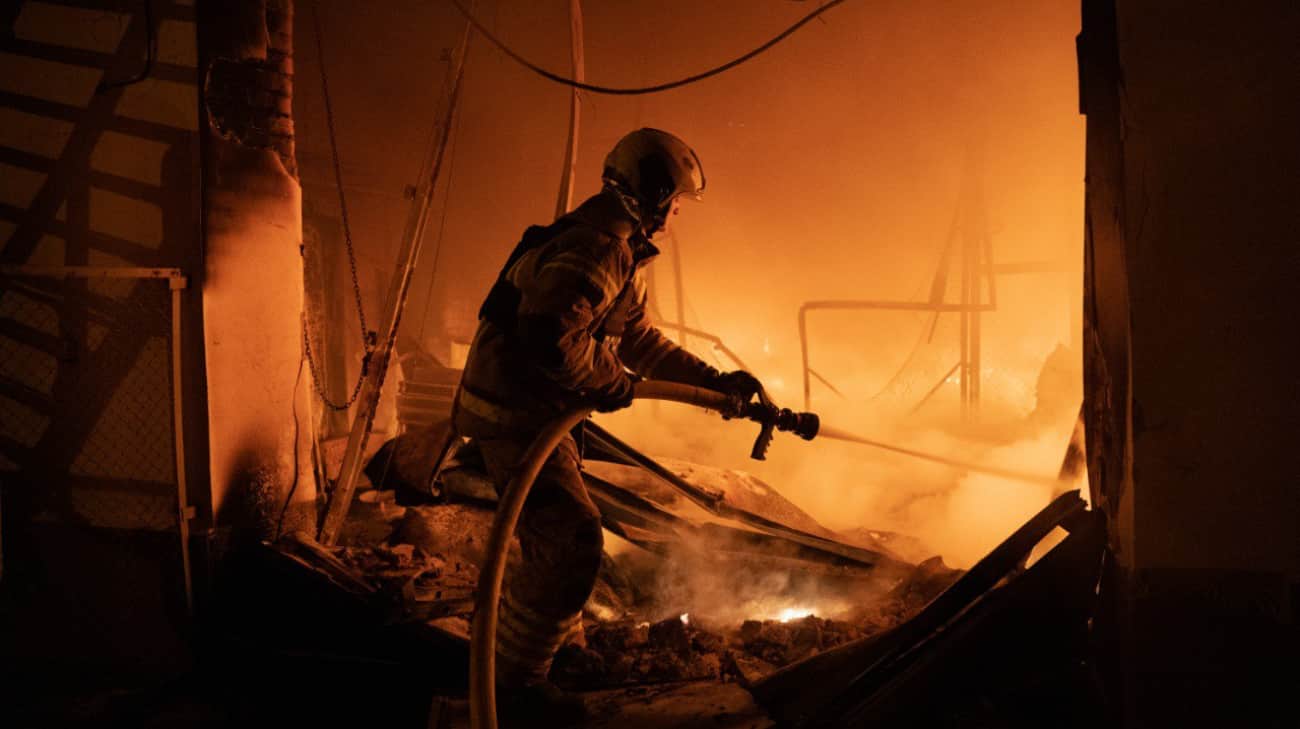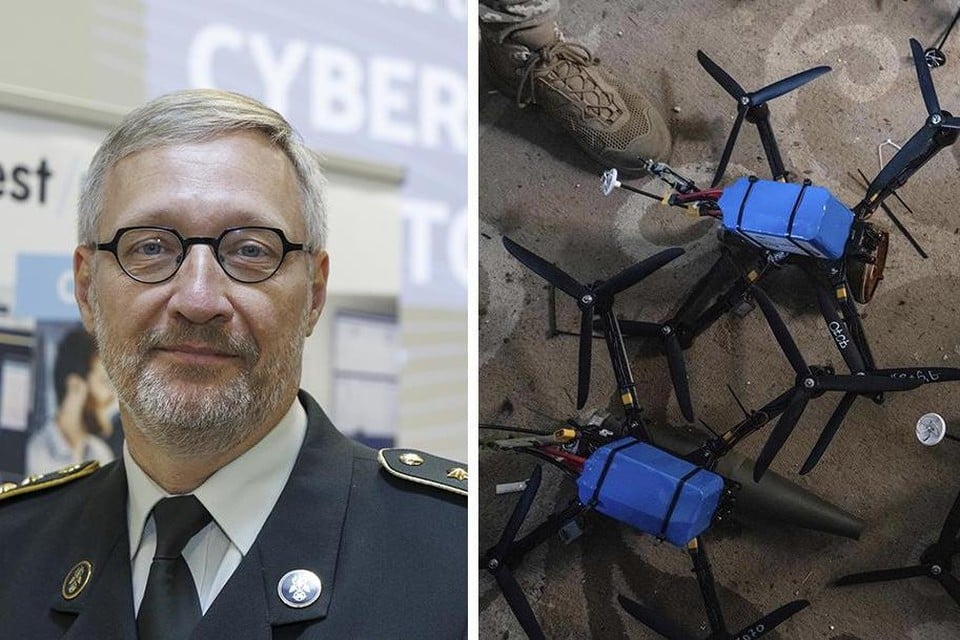Indian success director Payal Kapadia crushes glass roofs

It all started when Grandma fell. Mumbai’s monsoon rain was heavy as a wet warm quilt and the independent 96-year-old suddenly needed help. The year was 2015 and granddaughter Payal Kapadia studied film but strikes at the time against India’s Nationalist Party and went to Megastaden. While the country was in a delirium and grandmother had their own hallucinations, Kapadia was hanging out in the afternoons with a nurse who talked about her varied past. It was during these sticky days the seed was sown to one of this year’s most acclaimed films.
But it would take its little time for Kapadia to weave together its feature film debut. Only nine years later did she become the first Indian woman to compete for the Gold Palm in Cannes (and win the jury’s big prize) and the first Indian director as the Golden Globe was nominated for the best direction.
In his engrossing Story « Everything we imagine as light » she portrays two female nurses and a chef who each came from smaller cities to Mumbai, also called the « city of dreams ». The film’s first act is a homage to the metropolis that never sleeps.
– Mumbai is the city of contradictions, much like New York. There are more opportunities and more tolerance than in smaller Indian cities. It is also expensive and promises much more than it gives. When it rains under the monsoon, everything goes crazy. But for women, it is a little safer and easier to live more independently, says Kapadia during the New York Film Festival.
« Everything we imagine as light » steams with sisterhood. The three women, Stoic Prabha (Kani Kusruti), life -saver Anu (Divya Prabha) and experienced Parvaty (Chihaya Kadam), have different backgrounds, life and belong to different generations and speak different languages (in India spoken 121). Prabha and Anu, live together and are from the southern state of Kerala. But despite the distance, they live with the families’ strictly traditional expectations and the weight of the patriarchy.
– I try to suggest a new kind of family. By friends. In a conventional family unit, all relationships are so well -defined. A family can nourish but also stand in the way of different choices, just like the identities we have – religion, throw, class. Friendship has no real definition or identity. You and I can decide for themselves and therefore create many wonderful opportunities, she says.

Kapadia, as herself was born in Mumbai by psychoanalyst and artist mom, has an eye for the intersection of reality and fiction. In her documentary « A Night of Knowing Nothing » (2021), about a heartbroken and striking film student, she treats the personal as politically. « Everything we imagine as light » begins before the sunrise with documentary panning and voices in a kind of Mumbai symphony with myriads of perishable life.
– I live with cinematographer Ranabir Das. Which is practical, haha. So while I wrote the script we went out to film the city planlessly, talk to it, see how it feels and discover that Mumbai is blue under the monsoon. The funny thing about filmmaking is to see the beauty of everyday life. I love this whole process. It’s like creating a small craft, says the charismatic capadia, who is constantly close to laughter.
Love – the forbidden, the romantic and the absent – is the pounding heart of the film, but changes importance to the characters. « Everything we imagine as light » also shifts tone and color as women move south – we have been bored in a silence that develops into a more charged final act. It is triggered by a cherry -red German -made rice cooker. Kapadia thus flashes to her favorites Claire Denis « 35 Shots of Rum » (2008) and Wong Kar-Wais « in the Mood for Love » (2000).

– For most workers in India, risk boilers are something you want, but will never get. The status symbol also says something about the woman’s forced role in a traditional family: to cook and care. It must also come from Germany, because all good comes from there. And from Sweden, such as IKEA, H&M and ABBA, Kapadia adds and smiles.
In the Western world has It winds around films from India, the world’s most populated country, which also has the largest film industry in terms of the number of films produced. Beyond Bollywood’s mainstream there is a diverse « indie world » and a few films have reached the west in recent years. Recently, tender Sabar Bonda (« Cactus Pears ») won the award for best international film at Sundance, and at the Gothenburg Film Festival, six Indian films were shown this year.
« Everything we imagine as light » was the first Indian Gold Palm contribution in Cannes in 30 years and topped many prestigious best film lists, but did not become India’s Oscar candidate because it was considered too « European ».
– We have many incredible indie films that have been overlooked by the West. Satyajit Ray is one of the greatest filmmakers of all time. We have an independent system in India and many regions have their own festivals and film prices. More people have probably woken up thanks to co -productions and greater global exposure, says Cineasten Kapadia.

Before the recording « Everything we imagine as light, » she was inspired by Agnes Varda’s « Cléo from 5 to 7 » (1962) and Alice Rohrwacher’s mix of neoreism and magical realism in « Happy as Lazzaro » (2018), which she considers to be the best film of the 21st century.
– I’m also obsessed with Portuguese Miguel Gome’s movies. He opened my mind to dare to take risks in the story. I also like Chantal Akerman’s « News from Home » – New York in blue and the magical hour.
In its film, Kapadia approaches its own magical realism with hopeful reverberation. Hope is also in the title « Everything we imagine as light », whose name is borrowed from a painting from her mother. The title she chose those rainy Monsund days with grandmother’s nurse.
– The hope does not exist if you have never seen it. It can be difficult to see an opportunity when society does not show you a glimpse of it. It’s about imagining a light, thinking a way out.








